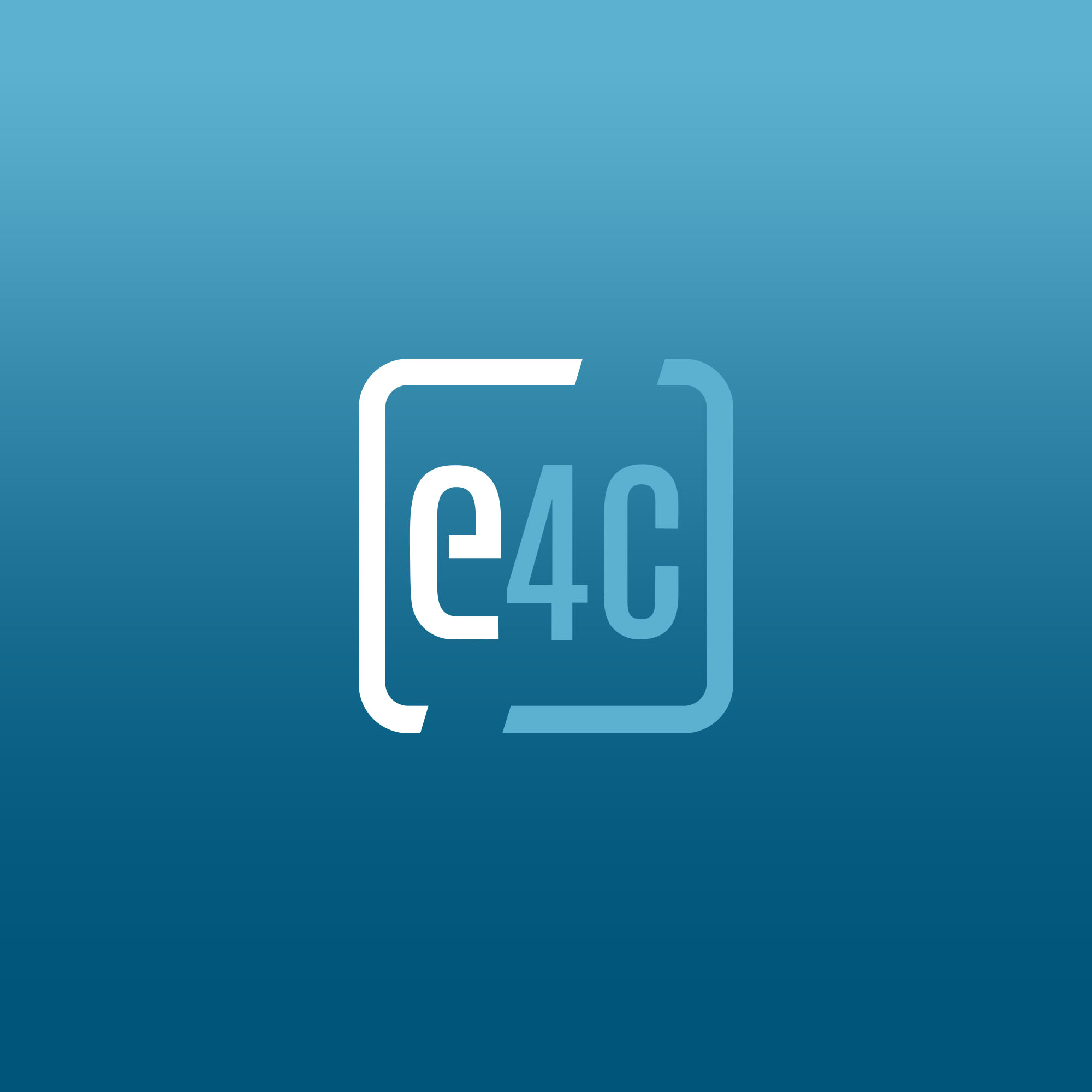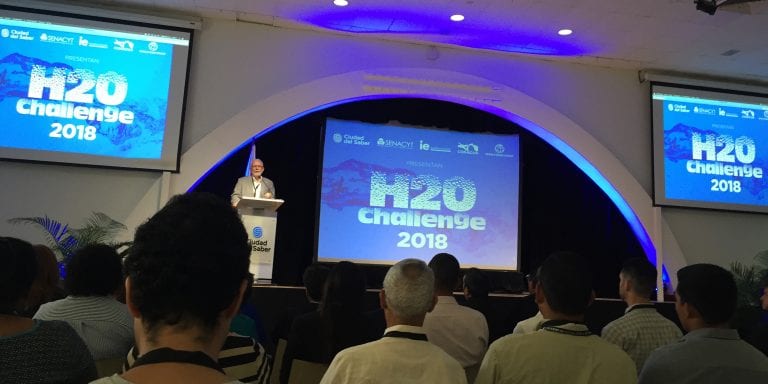
By Ryan Martens and Michael Cheveldave
Special to E4C
If you are a Citizen Engineer or you know the story of one, please help us to capture their narratives and share the featured Citizen Engineer stories at RallyforImpact.org.
What is a Citizen Engineer and how do you become one? Based on David Douglas’ book by the same name, Citizen Engineers are technically, environmentally, and socially responsible engineers. They have the skills to empathize, frame, ideate, prototype, validate and scale solutions for the world’s toughest problems. They can iterate to solutions that truly address the root cause of problems in a way that is feasible, effective, desirable, and sustainable.
To do this, citizen engineers must have the discipline to work through tough situations iteratively (using the scientific method) like a lean startup. They must also have the social skills and environmental knowledge to create more sustainable and socially-just solutions. Thus, there are two paths to citizen engineer status:
- Add social empathy and iterative development skills to trained engineers
- Add disciplined scientific method skills to social entrepreneurs
Who are we and why are we asking for your stories?
I am Ryan Martens, an engineer , founder of Rally Software, and board chairman for Rally For Impact. Rally For Impact is a social enterprise contained inside of Rally Software, with a social mission to enable and mobilize Citizen Engineers. We are working to help rapidly increase the number of Citizen Engineers working for social good on the planet.
To do this, we have partnered with our friends at Cognitive Edge to help build our knowledge and understanding of what motivates and keeps citizen engineers going. We are using Cognitive Edge’s SenseMaker® software to collect and gather not only the experiences of citizen engineers all over the planet, but how these experiences influence the citizen engineers who lived them.
Michael Cheveldave, an engineer and partner in Cognitive Edge, is our guide who helped us design and host the form. Once a sufficient number of experience stories are shared, we will be making results available for anyone in the community to browse, hopefully in early summer.
Our goal with this story collection and data gathering is to empathize with citizen engineers and to better understand what keeps them working for a better world. This is the second step in our efforts to frame and prototype solutions for citizen engineers.
How does this form of experience capture work?
Cognitive Edge’s research has shown that the key to generating deep insights from a diversity of experiences is to understand people’s individual perspectives and motivations related to their actual experiences. If you share an experience through the narrative capture form, you will see what is called a signifier triangle. These questions are intentionally ambiguous to encourage you to think of your story and respond with a “gut feel” sense of whether the story is balanced or imbalanced relative to each triad question. When we release the data, you will see the visualization magic that is made possible through this type of framework.
For more background on these techniques, the team at Cognitive Edge has published numerous articles, papers and talks on the subject. Through these resources and a wonderful in-person training program, I have come to really admire their work. A case study of applying SenseMaker® at Pfizer provides great detail on the science and the signifier triangles. And, the Cognitive Edge site, as well as a Harvard Business Review article provides good background on decision making in complex spaces. If you only review one thing from Cognitive Edge, don’t miss Dave’s Birthday Party video on complexity.
Why is this posted here?
E4C is the primary communication for citizen engineers in North America and we are thrilled to be able to share our thoughts through this channel. Both Michael and I have a deep place in our hearts for Engineers and Engineers as social change agents. We are Mechanical and Civil Engineering graduates and have worked with Engineers Without Borders in the United States and Canada, including my most recent talk at the EWB.ca National Congress in Calgary.
Again, thank you for sharing your Citizen Engineering experience through the RallyforImpact site and the Cognitive Edge narrative capture system. We look forward to sharing the results with the entire community this summer. And, please do not hesitate to comment or contact us on twitter.
Michael Cheveldave is VP of Business Development for Cognitive Edge He lives in rural British Columbia, near some of the worlds best skiing and travels extensively teaching and advising companies about complexity. You can find him on Twitter @mcheveldave.
Ryan Martens is CTO/Founder of Rally Software, founder of Rally for Impact, a Mentor at the Unreasonable Institute and chief promoter of the Entrepreneurs’ Foundation of Colorado. You can follow him on Twitter @RallyOn.

